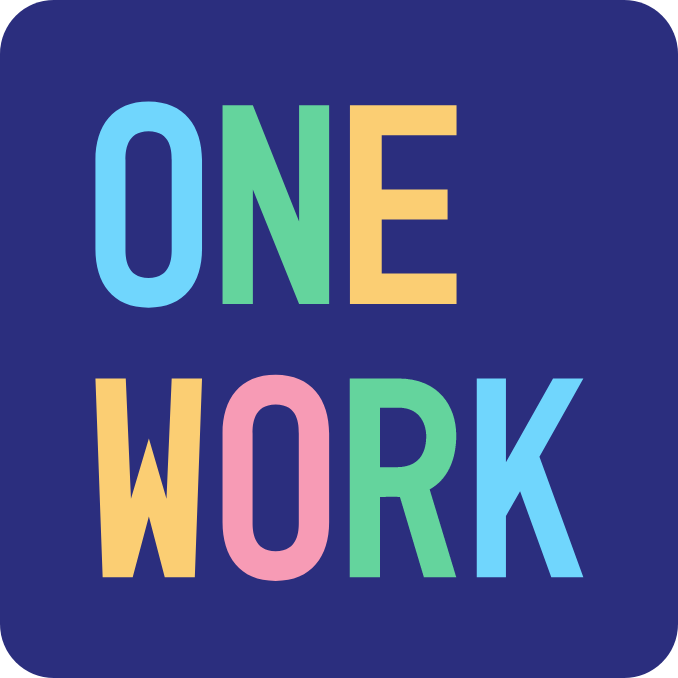Impactfully No. 78: So Long, Subsidies
California's solar panel installations have plummeted after subsidies were reduced, and FEMA is cutting through the red tape to provide timely disaster aid.

Solar panels are expensive, and it takes years to break even on the upfront cost. That calculus, combined with reduced subsidies in California, has led to a precipitous drop in solar installations in the state.
More on that trend below, plus major improvements to FEMA's aid process coming in March, a "vital" investor relations role at a leading dairy B Corp, and a fresh approach to insurance premiums. Let's get into it!
~ Greg
What we're reading
Solar panel installations have dropped by as much as 85% year over year in California following legislation that reduced the subsidies homeowners received for sending power to the grid. (NYT)
- Government has always tried to influence corporate and consumer behavior through subsidies and tax incentives. This story out of California is fascinating because it's a case where the subsidies are wearing off and behaviors are reverting – to the detriment of climate action.
- It also indicates that system cost remains a major barrier to entry. The subsidy helps offset the installation costs, and the average solar panel installation costs $16,000 nationwide.
- I'm keen to see how this plays out in other states and across other industries. Take EVs for example – the tax credit has expired for a number of models, making them less competitive relative to their internal combustion counterparts.
- We shouldn't rely on subsidies indefinitely, but if there's a mistake here, it seems to be that the subsidy expired before the new behavior solidified.
FEMA is overhauling the way it provides aid to survivors of natural disasters, and the new process will take effect in March. (Grist)
- Imagine a hurricane tore through your house and left you without a home.
- Did you know you'd have to submit a long-term housing plan before FEMA will cover your expenses?
- Or that you can't get aid if you have home insurance already?
- Or that you have to file a loan application with the Small Business Administration and have it denied in order to replace your personal property?
- I had heard FEMA that was having financial problems, but I had no clue there was so much bureaucracy behind it as well. Thankfully, this new aid process targets each of the items above, and reception is positive so far.
Job of the week
If you knew the answer to last week's trivia question right away, there's a good chance you'd make a great candidate for our job of the week. Vital Farms is hiring a Vice President of Investor Relations who will be the focal point for the investor community and report directly to the CFO.
Vital Farms is a Certified B Corp and public benefit corporation that sells dairy products with a focus on ethical treatment of animals. That PBC status should make this role especially exciting, since a PBC is required to balance the company mission with shareholder value. That's the kind of storytelling I'd sign up for!
Community roundup
- Iceland is going to tap into a unique energy source in the coming years: magma. In this twist on geothermal energy generation, scientists will drill into a volcano and use the resulting heat to power steam turbines. (ScienceAlert)
- COP29 is courting controversy once again, this time with its committee. The initial committee consisted entirely of men, an oversight that has since been rectified. (The Guardian)
- Between this and the appointment of the COP29 president-in-waiting, we're not off to a good start. (Impactfully No. 76)
- The Supreme Court agreed to hear a case with implications on homelessness. Currently, judicial rulings are preventing western cities from enacting ordinances designed to clear tent encampments, calling it "cruel and unusual punishment" in violation of the Constitution. (KIRO 7)
- The next demolition project in your city may actually be "deconstructed" so its materials can be reused in future projects and waste can be diverted from landfills. Some cities like Portland, OR require older buildings to be deconstructed, whereas Boulder, CO and Palo Alto, CA require that every building be deconstructed. (Grist)
- Electric aircraft manufacturer Archer Aviation is collaborating with NASA on battery technology, and the results will be made public so the industry as a whole can benefit. (Axios)
- Florida's Department of Education has barred public colleges from using taxpayer funds for diversity, equity, and inclusion programs. (NBC News)
- Cameroon has become the first country to establish routine childhood malaria immunizations. Malaria accounts for two-thirds of childhood deaths in Cameroon – the value here can't be overstated. (WIRED)
- Major opioid manufacturers have paid over $50 billion in settlements over the crisis, but the settlement fund is being abused with little oversight. A proposed law aims to fix this, but critics believe it needs improvement. (NPR)
Hot job opportunities
- IT Systems Manager – Thesis – Portland, OR
- Area Sales Manager – Brew Dr. Kombucha – Remote
- Database Developer/Administrator – Gardener's Supply Company – Burlington, VT
- Senior Product Manager – Exygy – Remote
- Account Manager – NewAge Industries – Southampton, PA
- Regional Director – Teachstone – California (includes travel)
- Procurement Manager – A&R Solar – Seattle, WA
- Category Business Manager – Quality Bicycle Products – Bloomington, MN
- Enterprise Account Manager – WorkBright – Remote
- Finance Director – Heath Ceramics – San Francisco, CA
Hiring for mission-driven talent? Post a job for free on our job board.
Looking for a job? Submit your resume to our talent pool, and let social impact companies come to you.
Resource of the week
In past issues of Impactfully, I've talked about how important it is to select a bank that invests its money in projects aligned to your values. But did you know that insurance companies are also heavily invested in fossil fuels, to the tune of over $500 billion?
With that context, I've been keeping a close eye on Lemonade – an insurance provider that donates unused premiums to nonprofit partners. You can learn more about how the money is used here. If you're reevaluating your insurance company this year, give these folks a look (and apply to one of their job opportunities on their website).
Test your knowledge
The answer to last week's question was "ESG," which stands for Environmental, Social, and Governance. Investors that take ESG into account are investing with their values in mind, trying to reduce the risk in their portfolios, or both. ESG funds have gotten much more popular in recent years, and not everyone is happy about it. But we are!
This week's question is about an employee benefit you might find in your job search, particularly at companies that focus on social impact:
When it comes to compensation, we often focus on salary and benefits like health insurance and paid time off. Some companies offer additional compensation in the form of company stock, reserving some shares for employee ownership. What is the name of this type of "plan"?
Email me your guess, and I'll send one lucky winner a couple of One Work stickers!
I am enjoying the lazy mornings that come with cold weather and flannel pajamas. You can find me on LinkedIn and Threads.
